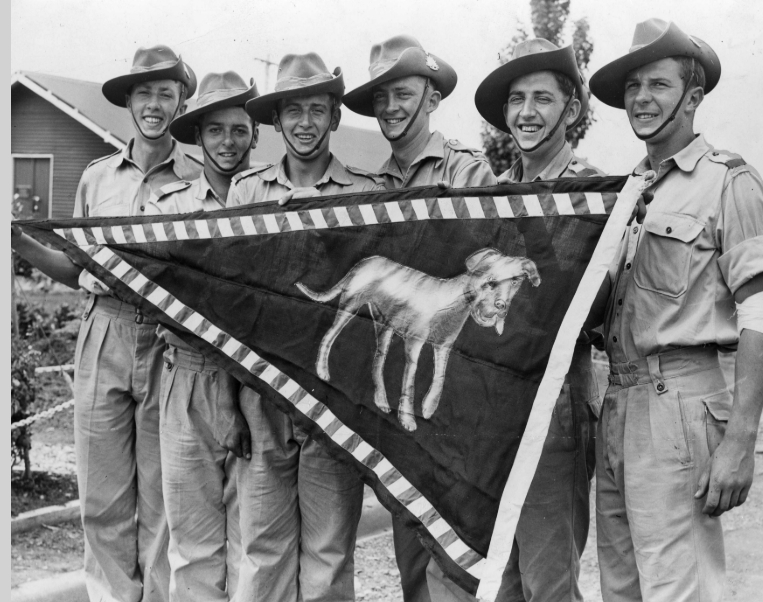
12 Apr, 1951
1951 National Service Act
Sign up for our monthly newsletter to hear the latest news and receive information about upcoming events.

Sign up for our monthly newsletter to hear the latest news and receive information about upcoming events.